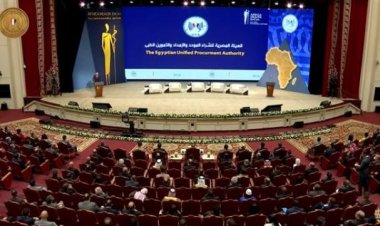77.2 billion pounds.. investments in the education sector in 2023
The education sector comes at the forefront of the sectors that the state attaches great care and priority to when allocating resources and deciding options for development programs and projects
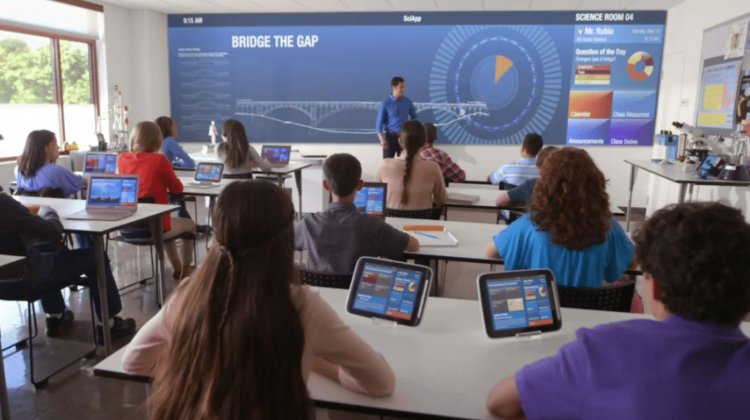
Dr. Hala Al-Said, Minister of Planning and Economic Development, said that education is a fundamental pillar for the development of human resources and the enlightenment of human knowledge in order to keep pace with the developments of the times and the requirements of the transition to the knowledge economy and the fourth industrial revolution, and to enhance international competitiveness in all aspects of life.
Education sector
The education sector comes at the forefront of the sectors that the state attaches great care and priority to when allocating resources and deciding options for development programs and projects, noting that the total investments of the education sector in the 2023/22 plan are estimated at EGP 77.2 billion.
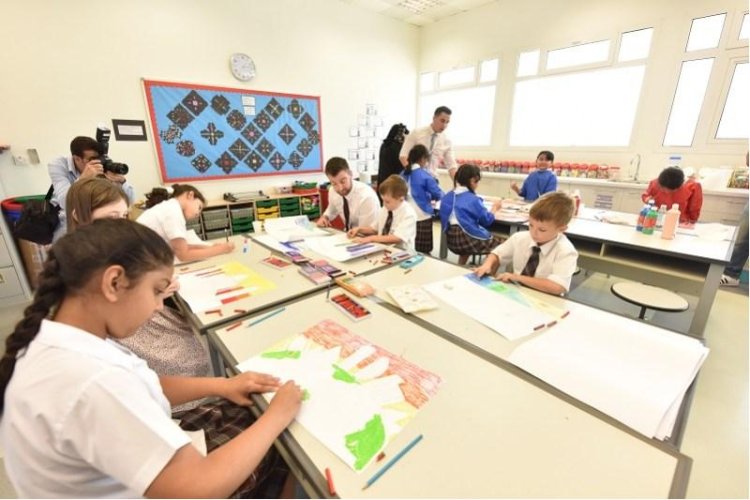
Increasing the production of the education sector during the year 2022/2023
The report of the Ministry of Planning indicated that it is intended to increase the production of the education sector during the year 2022/2023 to about 214.8 billion pounds, compared to about 184.7 billion pounds during the year 2021/2022, by 16.3%.
She indicated that the goals of pre-university education in Plan 2022/2023, represented in reducing the density of classes by establishing, replacing and renovating 25 thousand classrooms in all educational stages, to keep pace with the continuous increase in the annual growth rate of the number of students, which amounts to 3.9% (about 780 thousand students annually).
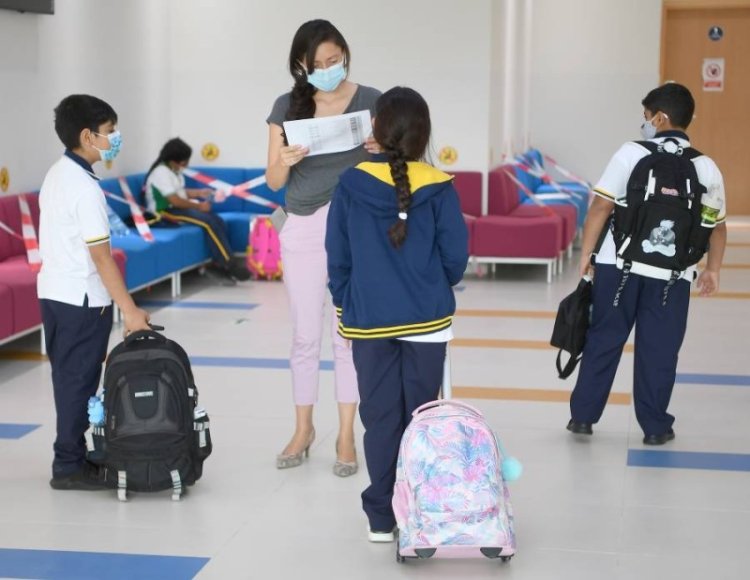
Reduce the intensity of classes
A budget has been allocated to reduce classroom density and provide education services in disadvantaged areas, with investments amounting to 15.4 billion pounds, an average increase of 40% over investments in 2021/2022.
This comes in addition to improving the competitiveness of the outputs of pre-university education by establishing 10 new Japanese schools, in addition to Nile schools, STEAM schools, and international and national public schools.
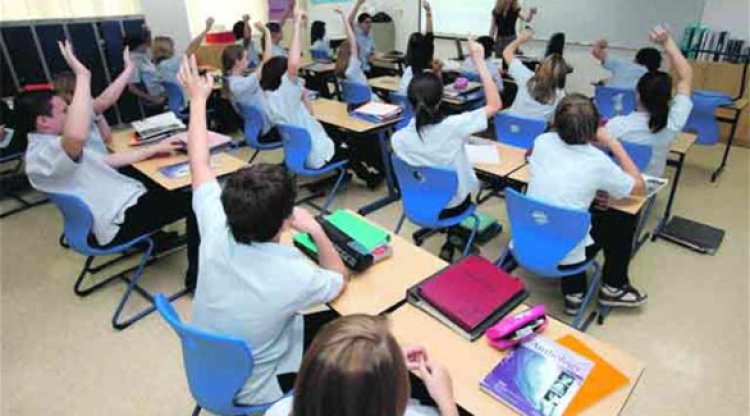
20 new schools of technology
In addition, 20 new schools of applied technology were established, with investments of 2.5 billion pounds, in addition to directing 3.75 billion pounds to provide tablets for high school students.
As well as directing 874 million pounds to expand the provision of screens and smart classrooms, and equipping schools with smart spaces classes with credits of 324 million pounds, and about 1.2 billion pounds to apply “walls” in technical education schools and applied schools, as well as directing 700 million pounds to the Knowledge Bank (our school channel).


 Shrouq
Shrouq 











